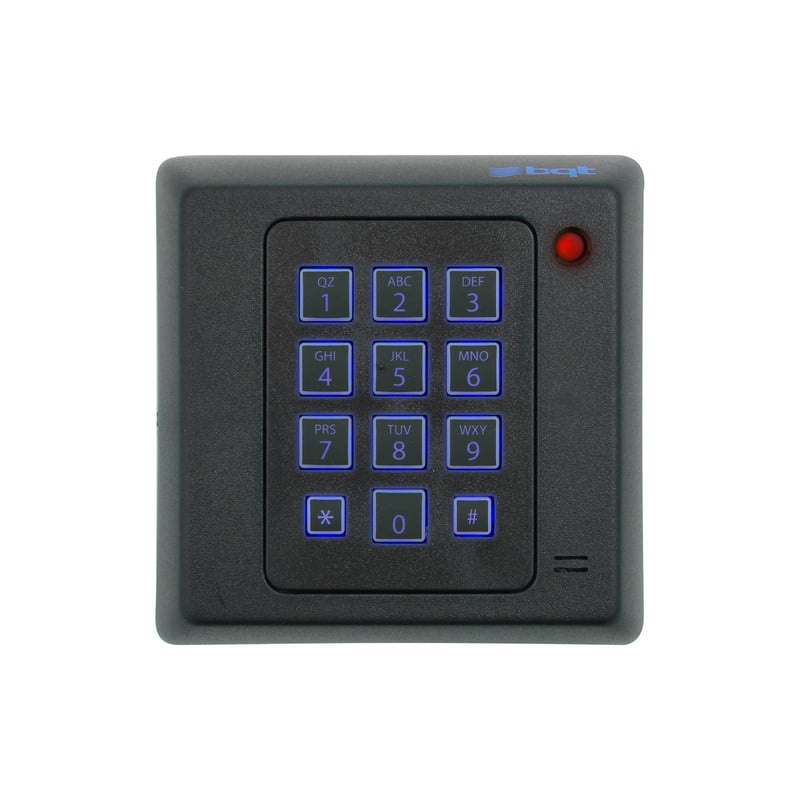Access Control
Securing Your Valuable Assets with Effective Access Control
In today's increasingly digital world, the need to protect valuable assets, whether physical or digital, has never been more critical. One of the key components of a robust security strategy is implementing effective access control measures. Access control helps organizations regulate who can enter specific areas, use certain resources, or access sensitive information, thereby reducing the risk of unauthorized access and potential security breaches.
The Importance of Access Control
Access control plays a crucial role in safeguarding assets by ensuring that only authorized individuals have the necessary permissions to access them. By limiting access to sensitive areas or data, organizations can prevent unauthorized personnel from compromising security, stealing valuable information, or causing harm to the business.
Types of Access Control
There are several types of access control mechanisms that organizations can implement, including:
- Physical Access Control: This includes measures such as key cards, biometric scanners, and security guards to restrict entry to buildings or specific areas.
- Logical Access Control: Utilizes authentication methods like passwords, PINs, and two-factor authentication to control access to digital systems, networks, and data.
- Role-Based Access Control (RBAC): Assigns permissions based on an individual's role within the organization, ensuring they only have access to resources necessary for their job.
Benefits of Access Control
Implementing robust access control measures offers various benefits, including:
- Enhanced Security: Prevent unauthorized access and reduce the risk of security breaches.
- Improved Compliance: Meet regulatory requirements by controlling access to sensitive data and systems.
- Increased Productivity: Ensure employees have access to the resources they need to perform their roles efficiently.
- Audit Trails: Track and monitor access to sensitive information for accountability and forensic purposes.
Conclusion
Effective access control is a fundamental aspect of a comprehensive security strategy. By implementing the right access control measures, organizations can protect their valuable assets, maintain data integrity, and mitigate security risks effectively.
Remember, securing your assets starts with controlling who has access to them!

For more information on access control solutions, visit example.com.
